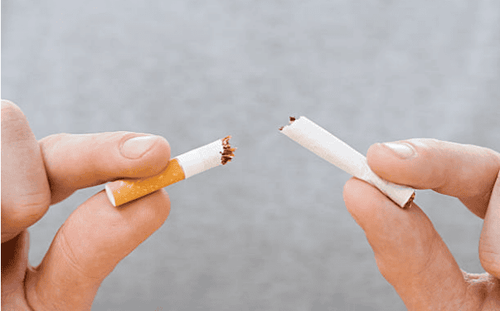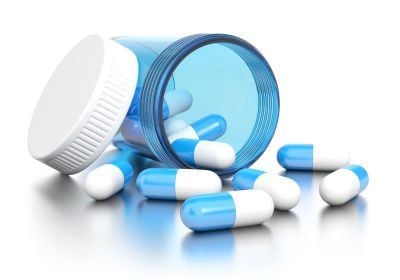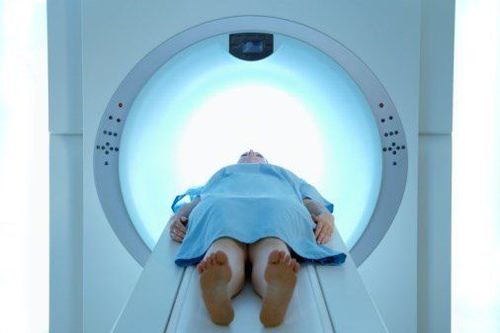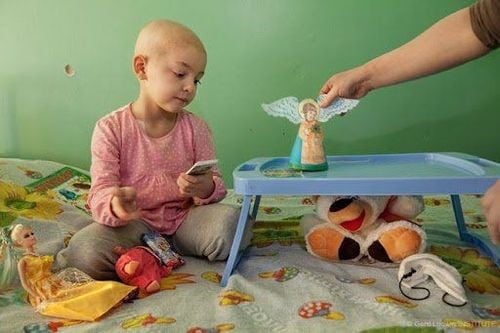This is an automatically translated article.
Cancer prevention is action taken to help reduce the risk of disease. This may include maintaining a healthy lifestyle, avoiding exposure to carcinogens, and taking medications or vaccines to prevent cancer from developing.1. Can cancer be prevented?
1.1. Preventable Cancer Cancer is a serious and increasingly common health problem that is completely preventable. In 2020, an estimated 1.8 million people will be diagnosed with cancer in the United States. In addition to the physical and emotional problems caused by cancer, the high cost of care is also a burden on patients, families, and the entire community. By preventing cancer, the number of new cancer cases is reduced.However, cancer is not a single disease but a group of related diseases. Many things in our genes, lifestyle, and environment have the potential to increase or decrease our risk of cancer. Scientists are working on many different ways to help prevent and combat cancer. Specifically:
Avoid or control the causes of cancer. Change your diet and lifestyle. Detect precancerous conditions early (conditions that can develop into cancer). Chemoprevention (medicine that treats precancerous conditions or stops cancer from starting). Surgery reduces the risk. 1.2. Cancer risk factors Cancer-causing factors include:
Tobacco use: Tobacco is strongly associated with an increased risk of many types of cancer. Smoking is the leading cause of cancers such as AML, bladder cancer, cervical cancer, esophageal cancer, kidney cancer, lung cancer, oral cavity cancer, and pancreatic cancer. , stomach cancer . Therefore, not smoking or quitting smoking will reduce the risk of disease. Infections: Certain viruses and bacteria have the potential to cause cancer. Examples of viruses and bacteria that cause cancer include HPV, hepatitis B and hepatitis C viruses, Epstein-Barr virus, and Helicobacter pylori. Two vaccines to prevent the infection of cancer-causing agents have been approved by the U.S. Food and Drug Administration (FDA). One is a vaccine that prevents infection with the hepatitis B virus. The other is against the HPV virus that causes cervical cancer. Radiation: Exposure to radiation is a known cause of cancer. There are two main types of radiation that have been linked to an increased risk of cancer, which are ultraviolet radiation from sunlight and ionizing radiation (medical radiation from tests to diagnose cancer, gases, and radiation). indoor radon). Scientists believe that ionizing radiation causes leukemia, thyroid cancer and breast cancer. Ionizing radiation can also be linked to myeloma, lung, stomach, colon, esophagus, bladder, and ovarian cancers. Immunosuppressive drugs after organ transplant: Immunosuppressive drugs are used after an organ has been transplanted from one person to another. These drugs prevent a transplanted organ from being rejected and rejected by the immune system. Immunosuppressants are associated with an increased risk of cancer because they decrease the body's ability to prevent cancer from forming. The risk of cancer, especially cancer caused by a virus, is higher in the first 6 months after an organ transplant, but the risk can persist for many years.

Ngăn ngừa ung thư bằng cách tránh xa thuốc lá
2. 10 measures to prevent cancer
It is estimated that about one-third of Americans will develop some form of malignancy during their lifetime. Despite these alarming statistics, many advances have been made by doctors in understanding the biology of cancer cells, helping to improve the diagnosis and treatment of the disease. But instead of just waiting for new breakouts, there's a lot we can do to protect ourselves right now. Screening tests can help detect melanoma in its earliest stages, but you should always be on the lookout for symptoms. The American Cancer Society issued simple warnings about cancer symptoms years ago:C - Change in bowel or bladder habits: Change in bowel or bladder habits. A - A sore that does not heal: A sore that does not heal or takes a long time to heal. U - Unusual bleeding or discharge: Unusual bleeding or discharge. T - Thickening or lump in the breast or elsewhere: Thickening or abnormal lumps in the breast or elsewhere. I - Indigestion or difficulty in swallowing: Indigestion or difficulty swallowing. O - Obvious change in a wart or mole: An obvious change in a wart or mole. N - Nagging cough or hoarseness: Persistent cough or hoarseness. It is a relatively good rough guide that can help us detect early signs of cancer visually. The majority of such symptoms are due to non-malignant disorders, and the cancer can produce other symptoms not listed above, such as unexplained weight loss or fatigue. But it's a useful reminder to listen to your body and report abnormalities to doctors to avoid detecting cancer too late.
Early diagnosis is important, but there is much more we can do. It's good that each of us can completely prevent cancer so it doesn't happen before even thinking about diagnosis and treatment. Scientists at the Harvard School of Public Health estimate that up to 75% of cancer deaths in the US could be prevented by taking these 10 simple steps to prevent cancer:
Tobacco in all its forms, including exposure to secondhand smoke, must be avoided. Eat right, and reduce your consumption of saturated fat and red meat, which can increase the risk of colon cancer and a more severe form of prostate cancer. Increase your consumption of fruits, vegetables and whole grains to achieve a healthy diet. Exercise regularly, as physical activity has been linked to a reduced risk of colon cancer. Exercise also helps reduce the risk of breast cancer and cancers of other reproductive organs in women. Exercise will help protect us even if it doesn't make us lose weight. Maintain a healthy weight because obesity increases the risk of many forms of cancer. Try to control your calorie intake.

Duy trì cân nặng hợp lý giúp ngăn ngừa ung thư

Tập thể dục cũng là cách ngăn ngừa ung thư hiệu quả
The model that Vinmec is aiming for Wellness Center is similar to the current comprehensive healthcare model for elites in the US today. Vinmec's approaches are to research and gradually bring advanced therapies in the world into health care for Vietnamese people, including the following applications: making "Biological Horoscopes" to predict disease risks disability and biological characteristics of each person; ozone therapy cleans blood vessels, relieves pain; autologous immunotherapy improves the immune system, promotes health, supports cancer prevention; storage of mesenchymal stem cells from adipose tissue for healing.
As the first hospital approved by the Ministry of Health to apply autologous immunotherapy to support cancer treatment since 2018, Vinmec is ready to research and apply this therapy for prevention and health improvement purposes. healthy for everyone. With the program "Biological Horoscope", Vinmec relies on the largest DNA database of Asians to assess general health, the risk of cancer, chronic diseases, drug allergies... This "universal key" will help doctors build personalized treatment for customers, and at the same time help customers proactively prevent diseases and maintain healthy lives.
Please dial HOTLINE for more information or register for an appointment HERE. Download MyVinmec app to make appointments faster and to manage your bookings easily.
References: cancerresearchuk.org, mayoclinic.org, cancer.gov, health.harvard.edu












